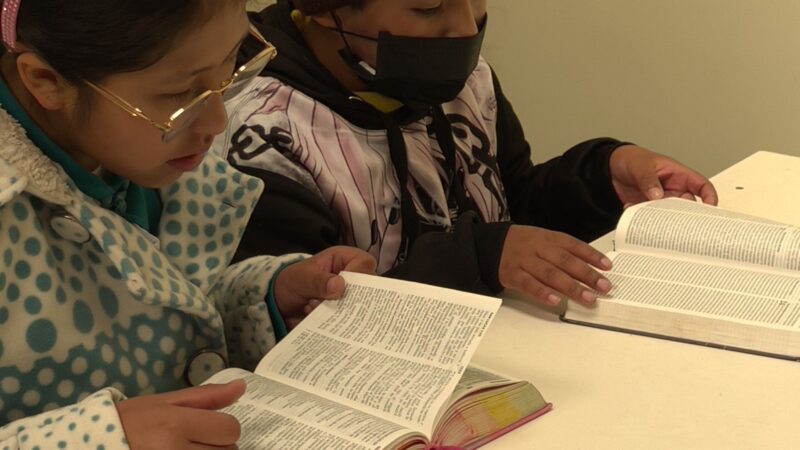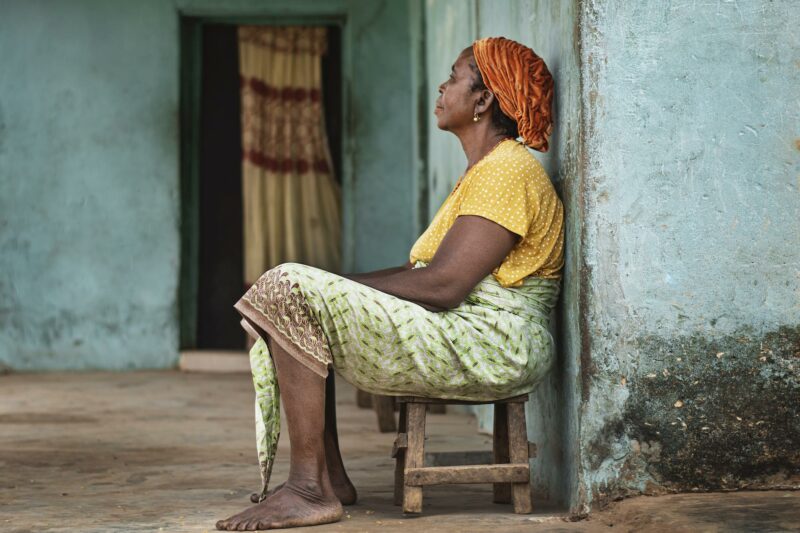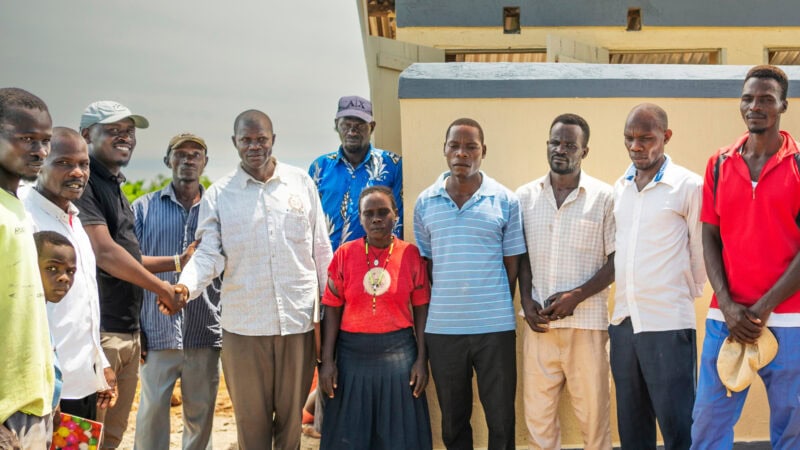Hunger has been one of the biggest, harshest secondary effects of the COVID-19 pandemic in developing nations like Kenya.
“Children don’t even understand; they know there’s COVID, but when they’re hungry—they’re hungry,” said Magdaline Oguto, co-founder and director of Mathare Community Outreach, Bright Hope’s primary partner in the Nairobi slum of Mathare.
Many developing nations that haven’t been hit hard by the virus have been severely suffering from COVID-19 lockdowns that have closed schools and prevented people from working.
“Because of COVID-19, most people have actually lost their jobs, and there is no hope.”
“But here, we want to thank you, because you have provided for us,” Magdaline said.
The MCO schools that Bright Hope supports typically feed the better part of 1,000 students and staff two meals a day at the school.
Not only is there a lack of food, but school closures mean teachers aren’t working and have been cut off from their source of livelihood.
In a time of coronavirus lockdowns and job loss, how are Kenyans supposed to prevent hunger in their own families?
Bright Hope has been providing $20 food vouchers for school staff to be able to get some staple foods from a nearby grocery store. It’s allowing them to put food on the table and feed their children.
Would you give a $20 food voucher today?
“Thank you so much for sharing what you have with us. God bless you,” Magdaline said.
—————
Interested in learning more about how COVID-19 is impacting Kenya–especially when it comes to hunger? We have been posting updates regularly as we navigate through this coronavirus pandemic:
Food Vouchers Help Combat Coronavirus Hunger in Kenya
Kenya Update: “People are getting more and more desperate”
Social Distancing? Impossible in a Place Like Mathare Valley
COVID-19 Update from Two Pastors in the Slums of Nairobi



